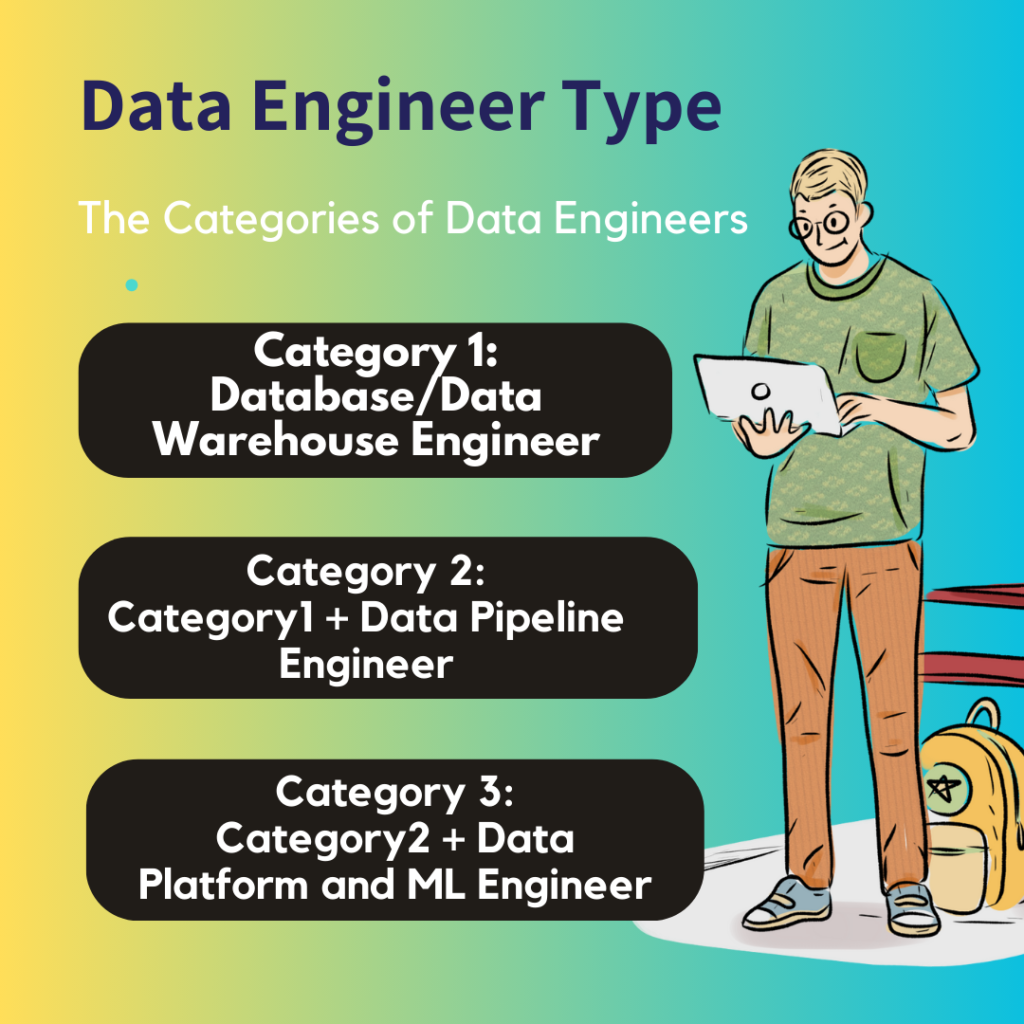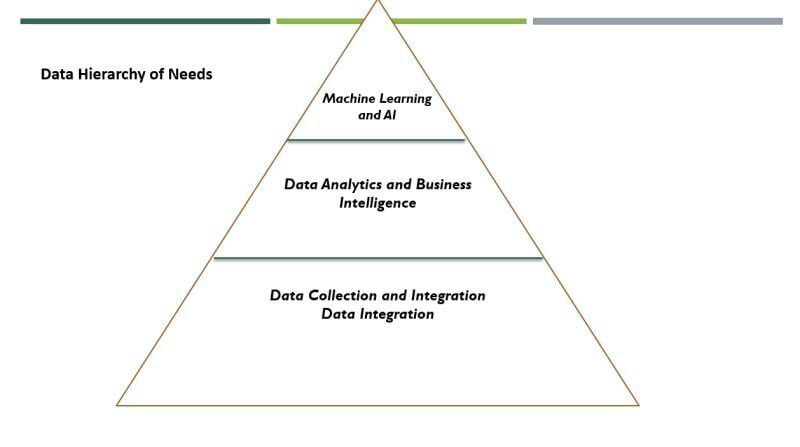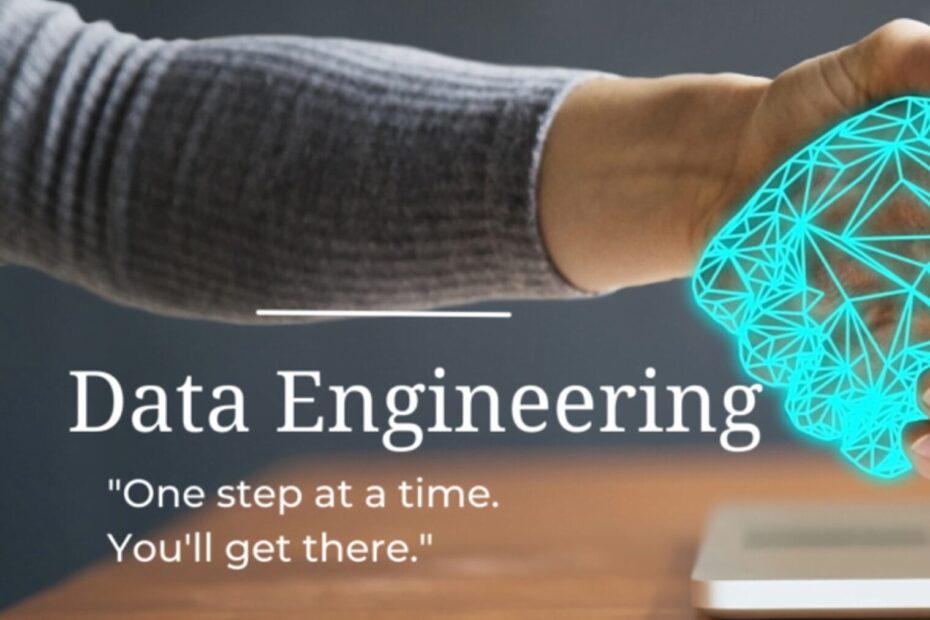People use data engineering to design and build systems that allow them to collect and analyze data in various formats from many sources. These systems empower people to discover practical uses for the data, which can then be leveraged by businesses to achieve success.
TL;DR (Categories of Data Engineers)

Introduction
Data engineers(You) are the superheroes of the data world.
Data Engineer expertise to transform raw data into a user-friendly and comprehensible format for all. They play a crucial role in making data accessible and understandable to individuals across various domains.
However, Not all data engineers are the same
In today’s world, business produces an immense amount of data. We called them Big data. Everything from customer feedback to sales performance, and stock price influences how a company operates. However, understanding what data tells us is not always intuitive. And that is the reason why most businesses rely on Data Engineering.
What is Data Engineering?
So, What is Data Engineering? Is it a role or is it a subject?
I see things a bit differently. To me, “Data Engineering is a field where we learn how to derive insight from data.” Data Engineering is the process of designing a scalable system that collects and analyzes large and complex datasets from different source systems. Let’s dive into how these systems help businesses use data in useful ways.
The Categories of Data Engineering
I genuinely believe that the distinctions among data engineers result from their skill sets, shaped by market demands driven by companies hiring for specific projects. The different categories may also arise from the diverse types of data prevalent within organizations. Typically, a data engineer’s career trajectory follows a similar path, and no single category inherently outshines another. In the Modern Data Stack(MDS) not having skills in certain areas can create challenges, affecting the quality of data pipelines and slowing down career growth.
- Data Explorer: Database/Data Warehouse and Analytics Specialist
- Skills: Proficient in data warehouse management, database analytics, metrics, and dashboard development. Additionally, skilled in SQL and data modeling.
- Data Integrator: Python, Airflow, dbt, other tool Specialist
- Additional Skills: Advanced in Python, skilled in building data pipelines with tools like Airflow, Spring DataFlow, and data transformation using dbt.
- Data Architect: Scala/Java, Distributed Systems, Big Data, ML Expert
- Additional Skills: Mastery in Java/Python/Scala extensive experience in designing distributed systems and writing connectors in Java and Python, and hands-on experience with advanced technologies such as Kafka, Spark, Big Data, and Machine Learning.
Does Your Business Need Data Engineering?
In the current world, every individual is generating an immense amount of data. You can think of any company on the internet. The problem with the data within the organization is that data is in a silo. which has enough information to drive the world. To make that data speak, companies spend a lot of money and time to make something intelligent out of it. Some companies succeed, but most of them do not. Because of a lack of knowledge and resources.
Yes, Companies, regardless of their size, grapple with a substantial volume of diverse data when attempting to address critical business inquiries. The role of data engineering is to facilitate the entire ecosystem of processes that ensure data is easy and readily available for informed decision-making. At all levels of the business, including areas like Data Analytics, Data Science, and Business decision.
Why Is Data Engineering Important?
This has a very deep explanation but I will try to explain easily. Before understanding Why? we have to see one scenario. Let’s suppose you are running a Food delivery application. Your platform is supposed to onboard all the restaurants in the city. There are Four major stakeholders in this application.
- Restaurant Owner (Contains Information about Food)
- Consumer (Order the food)
- Delivery Partner (Supply chain information from point A to Point B)
- Aggregator Platform (Which Coordinates all the stakeholders and contains information)
Together this data produces a comprehensive view of the customer, system, and supply chain (delivery). However, this information (dataset) is independent, Which answers some certain questions. Like what food do customers order? What is the delivery time? and so on.
But Data engineering unifies this dataset and lets you answer your question quickly and efficiently. Before the Data Engineering process data sits in silos mode in the different systems. This process brings all the data and unified for into a single source of truth. from where you can do analytics to understand your whole business in a unified way.
Skill and Tools for Data Engineering?
So far we understand the definition of data engineering and why it is important to drive the business. People always discuss Data engineer and Data Science, who is better than the other.
So let me be very clear here each role is equally important to drive the business. Ultimately everyone’s sole goal is to boost the business outcome better than before. And how we can do this, to align with the business and understand your data.
Tools and Technique
- Coding: You should be proficient in coding for this role. Common programming languages are Java, Python, Scala, C#, SQL
- Modern Data Stack: Apache Airflow, dbt, Airbyte, Nucleusbox, Fivetran, Reverse ETL Tool, Census, etc.
- Databases: A database is the most common solution to store data. whether it is relational or non-relational databases. like Oracle, Mysql, Postgres, MSSql, etc. Nowadays cloud-based storage is more popular for the data lakes (will talk about this.. For example, Redshift (from AWS), Google Cloud Storage, Google big-query, Azure Adls gen-1 or gen-2, and Snowflake are more popular nowadays.
- ETL/ELT: Extract Transform and Load/extract load and transform. ETL is a process of moving data from the source system to the target system with transformation. you can write your own ETL/ELT process as per the business requirement. or you can use ETL services from different vendors, like Informatica, IBM, Talend, etc. I will cover ETL/ELT in the detailed blog.
- Distributed system: In a distributed system you should have an understanding of distributed system knowledge. If the system is not scalable it will not serve the business needs. Microservice architecture, Job Orchestration, Metering, Monitoring, etc.
- Big Data Tool: In data engineering, you will work with regular data as well as big data. and the mode of this data could be real-time or batch processing. In both cases, we have to know what Tools and Technologies have been involved to process the big data. There are so many tools and techniques but some popular ones are Apache Hadoop, Apache Kafka, Spark, and MongoDB.
- Cloud Computing: You will also need to understand cloud storage and cloud computing services like Amazon Web Service(AWS), Microsoft Azure, and Google Cloud Platform.
Data Hierarchy of Needs
TIP: It can be useful to think of all data-related activities as stages in a hierarchy of needs. The most basic need is the collection and storage of raw data, i.e., data integration. Once that need is satisfied, the next needs of analytics and predictive modeling become easier to satisfy. This allows your organization to create a data-driven culture, in which every employee has access to the data they need to make better-informed decisions.
Insight: Around 70% of the time is typically dedicated to data engineering work. This involves data collection, integration from source to target, transformation, insight analysis, data quality, and data cleaning. Once the data is prepared, activities like machine learning can be seamlessly executed.

Data engineering with Nucleusbox
In this is a technique for designing a robust system that can collect, store, and analyze data on a large scale. Data engineering ensures the provision of trusted, high-quality data to the data analyst and data scientists.

Here at Nucleusbox, we are simplifying the data Integration and data profiling process with state-of-the-art techniques.
Problem:
What Problem we are trying to solve
The data-driven world relies on clean, accurate data for informed decisions.
Existing data profiling tools are limited to basic statistics and rule-based checks, missing complex anomalies and patterns.
Manual data cleansing is time-consuming, inefficient, and prone to errors.
Target Customers:
Data analysts across all industries will appreciate seamless data discovery and intuitive interfaces.
Data engineers will benefit from real-time data lineage and integration with their existing tools.
Business users can leverage personalized dashboards and gamified experiences for easier data exploration.
Opportunity:
Nucleusbox empowers you to proactively identify and address data quality issues with AI-driven insights.
Reduce time and effort spent on manual data cleansing.
Make confident decisions based on trustworthy data.
Footnotes:
Additional Reading
- AI vs ML vs DL vs Data Science
- Logistic Regression for Machine Learning
- Cost Function in Logistic Regression
- Maximum Likelihood Estimation (MLE) for Machine Learning
OK, that’s it, we are done now. If you have any questions or suggestions, please feel free to comment. I’ll come up with more Machine Learning and Data Engineering topics soon. Please also comment and subs if you like my work any suggestions are welcome and appreciated.

I sincerely enjoyed what you have produced here. The design is refined, your authored material trendy, yet you appear to have obtained a degree of apprehension regarding what you aim to offer next. Certainly, I shall return more frequently, just as I have been doing almost constantly, provided you uphold this incline.
Thank you for your kind words! I’m glad you appreciate the content I’m generating. I’m always working to improve and learn new things. I look forward to continuing to provide you with valuable and informative content in the future.
The breadth of knowledge compiled on this website is astounding. Every article is a well-crafted masterpiece brimming with insights. I’m grateful to have discovered such a rich educational resource. You’ve gained a lifelong fan!
Thank you for your kind words! I’m glad you appreciate the content I’m generating. I’m always working to improve and learn new things. I look forward to continuing to provide you with valuable and informative content in the future.